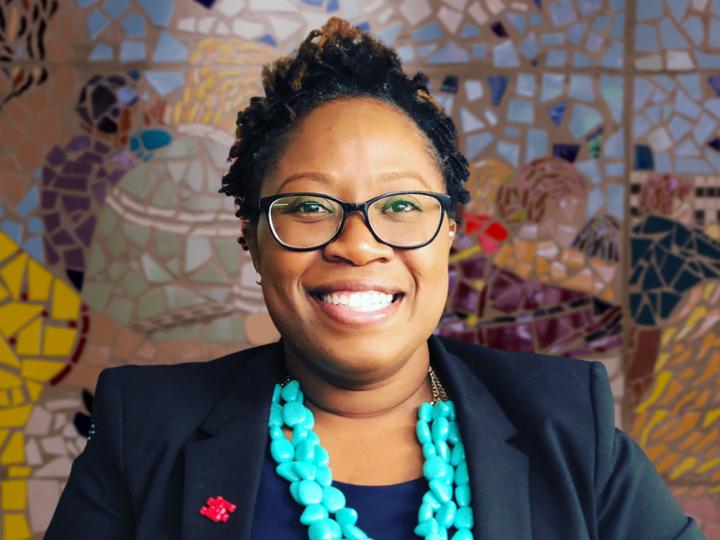UH researcher: Communication, coordination, collaboration are key

Credit: University of Houston
When it comes to improving access to mental health services for children and families in low-income communities, a University of Houston researcher found having a warm handoff, which is a transfer of care between a primary care physician and mental health provider, will help build trust with the patient and lead to successful outcomes.
“Underserved populations face certain obstacles such as shortage of providers, family beliefs that cause stigma around mental health care, language barriers, lack of transportation and lack of insurance. A warm handoff, someone who serves as a go-between for experts and patients, can ensure connections are made,” said Quenette L. Walton, assistant professor at the UH Graduate College of Social Work.
In the United States, as much as 14% of children experience emotional problems from birth to five years of age, and 75% of children with diagnosed mental health disorders are seen by pediatric primary care physicians. But in many under-resourced communities, integrated behavioral health interventions are not readily available.
Walton, principal investigator and lead author of a study published in Child & Youth Care Forum, identified and evaluated strategies used by pediatricians, psychiatrists, psychologists, licensed medical health counselors, program managers and coordinators to improve the referral system and access to pediatric mental health care for low-income, minority families in Los Angeles County, where the research was conducted.
“This group developed a patient-centered, telehealth-based intervention to streamline the process from referral to actual treatment,” Walton explained. “That included updating their systems to give specialty mental health providers access to information they need – basically closing the loophole so services can be consistent.”
Three major themes emerged from the research to inform how pediatric primary care physicians and mental health providers assist their low-income children and families with accessing mental health care: communication, coordination and collaboration.
- Effective communication including phone calls, emails or written reports improved access to mental health services for this population.
- Coordination of services required knowing how to make the referral process more efficient and effective so providers, working together, could more quickly discuss a shared treatment plan and implementation.
- Collaboration of services entailed a warm handoff between pediatric primary care physicians and mental health providers. This person helped with navigating the system and worked with providers to develop a shared and agreed-upon plan of care.
“It takes several times for people to really buy into the need for mental health care. So, if we can be more intentional in our efforts to get people access to resources they need, despite their challenges, then they will feel valued and more likely to come in for services,” Walton added. “Just an additional five or 10 minutes makes a difference for a patient.”
Co-authors of the study include Elizabeth Bromley, University of California, Los Angeles Geffen School of Medicine; Lorena Porras-Javier, UCLA Children’s Discovery & Innovation Institute; and Tumaini R. Coker, University of Washington School of Medicine and Seattle Children’s Hospital.
###
Media Contact
Sara Tubbs
[email protected]
Original Source
https:/
Related Journal Article
http://dx.




